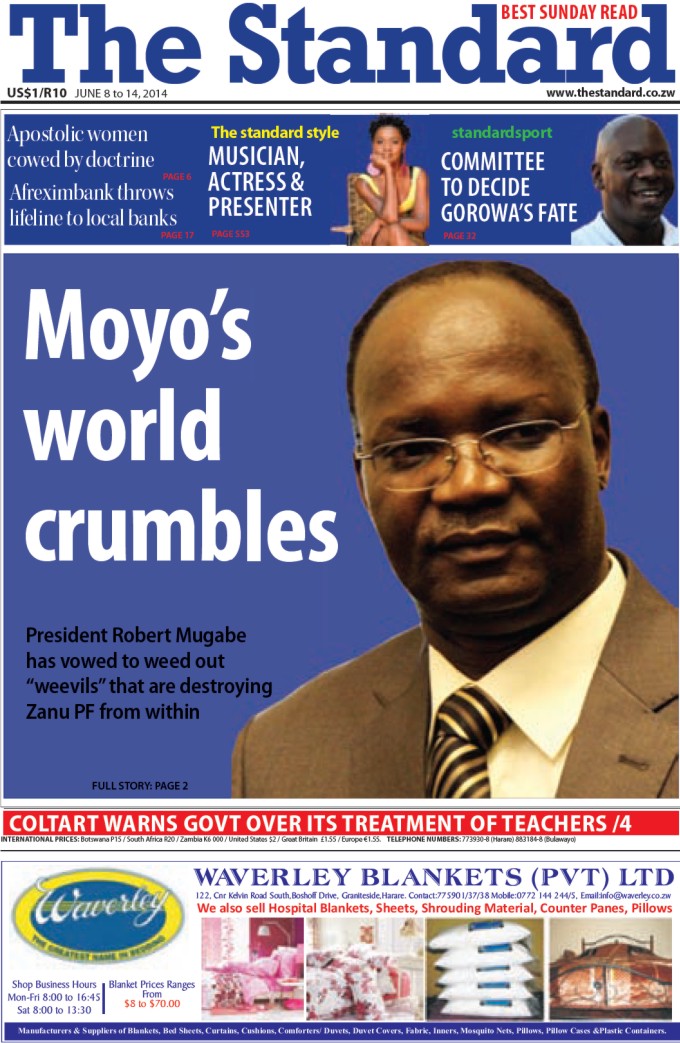
Colleagues in the public relations (PR) profession have often shared with me how their habits and indeed way of doing their work is often misunderstood. Sadly, their effectiveness in the organisations that they work for is undermined by negative perceptions that could lead to the PR function being either downgraded or at worst culled.
PUBLIC RELATIONS WITH LENOX MHLANGA
The same can be said of consultancies when they pitch for clients. The same clients find it hard to pay for certain services offered just because they do not understand their intrinsic or strategic value in adding to the bottom line.
In one organisation that I worked for, I noticed that there was a clear disdain for the suggestions I made to management, related to my line of work. At one particular meeting, a fellow manager burst out saying what value would I deliver when I spent most of the morning “reading newspapers,” to quote his exact words.
Then I got it! These colleagues of mine had made a value judgement based on what they observed and not what was being delivered by my department. Since I had a literal open-door policy, what the manager had a sneak into was part of my morning ritual. That of scanning the day’s press, a crucial part of my role as chief intelligence officer of the organisation.
How else were we to know what the environment was outside of the organisation, besides looking at the media and other sources of information? Informed decisions are partly the result of monitoring the media, of which “reading newspapers,” is a critical ritual for PR practitioners, among others.
This cannot be better illustrated than in a paper prepared by Magna Carta Reputation Management Consultants, who explain the role and importance of media monitoring to a business. While articles and advertorials have their place in reputation management, it is a mistake for a business to put all of its efforts here, while neglecting to keep track of what the public is saying about your business independently through the media.
Media monitoring is the practice of reading, watching or listening to editorial content in the media regarding your brand, leading to an analysis of how it is perceived in the public eye. For the majority of businesses, the impact of advertising is understood and valued. While some brands take this a step further to develop their public relations PR, certain PR activities such as advertorials tend to be adopted more readily.
- Chamisa under fire over US$120K donation
- Mavhunga puts DeMbare into Chibuku quarterfinals
- Pension funds bet on Cabora Bassa oilfields
- Councils defy govt fire tender directive
Keep Reading
Today, media monitoring does not only encompass traditional media, but the digital world as well. This means conversations on social media, blogs and so on are critical for monitoring conversation around your brand.
It is important to understand why media monitoring is important for your business in the first place. Put simply, media monitoring is a strategic activity. Through monitoring conversations around a brand, it becomes possible to identify any threats that can grow into a crisis if not addressed.
Conversely, businesses also become able to pinpoint opportunities to increase loyalty, boost sales and increase growth. For brands that already believe they have a solid public relations strategy, media monitoring helps take this a step further by putting campaigns under the microscope. To analyse whether they are providing value and impact.
It is important to be proactive about monitoring the media landscape as well as responding to opportunities and threats around the clock. Social media platforms, where conversations are faster paced by far as compared to traditional media, make this apparent.
Conversations about your brand take place online whether you would like them to or not, so it is critical to listen, join, track and benchmark the conversation, and to understand who key online influencers are in your arena.
Monitoring media coverage from the vast number of sources is a question of competitiveness, and with media buying houses locally that provide the service, businesses can add this important function to their PR strategies.
In order to solve these media monitoring challenges to safeguard brand and corporate reputation, it is necessary to stay abreast of various media monitoring tools available. At the core of such tools is the belief that business strategy will increasingly be shaped by insights from the growing world of data which lies outside of reporting systems that may already exist internally.
Media monitoring tools allow you to specifically tailor them to your business, helping your brand stay on top of billions of editorial, blog and social media conversations — in real time. From using such tools, businesses are then in a position to understand and drive the perception of your brand. This can then be used to drive a strategic analysis of your reputation by location, source and so on, according to sentiment and what is most relevant to your strategy.
The positive outcomes of media monitoring are therefore far-reaching for your business, from boosting sales and improving your product or service, to building communities or even recruiting new talent. Timing is everything when it comes to reputation management, and media monitoring helps improve your business’ agility to do just that.
These tools and training around their use and effectiveness in a business are available for those organisations that are eager to mine for value from social media as well as media monitoring in general.
l Lenox Mhlanga is associate consultant with Magna Carta Reputation Management Consultants. He has been a communications specialist with The World Bank Group. He can be reached at [email protected] or 0772 400 656.











